- Write by:
-
Sunday, August 16, 2020 - 11:16:32 AM
-
802 Visit
-
Print
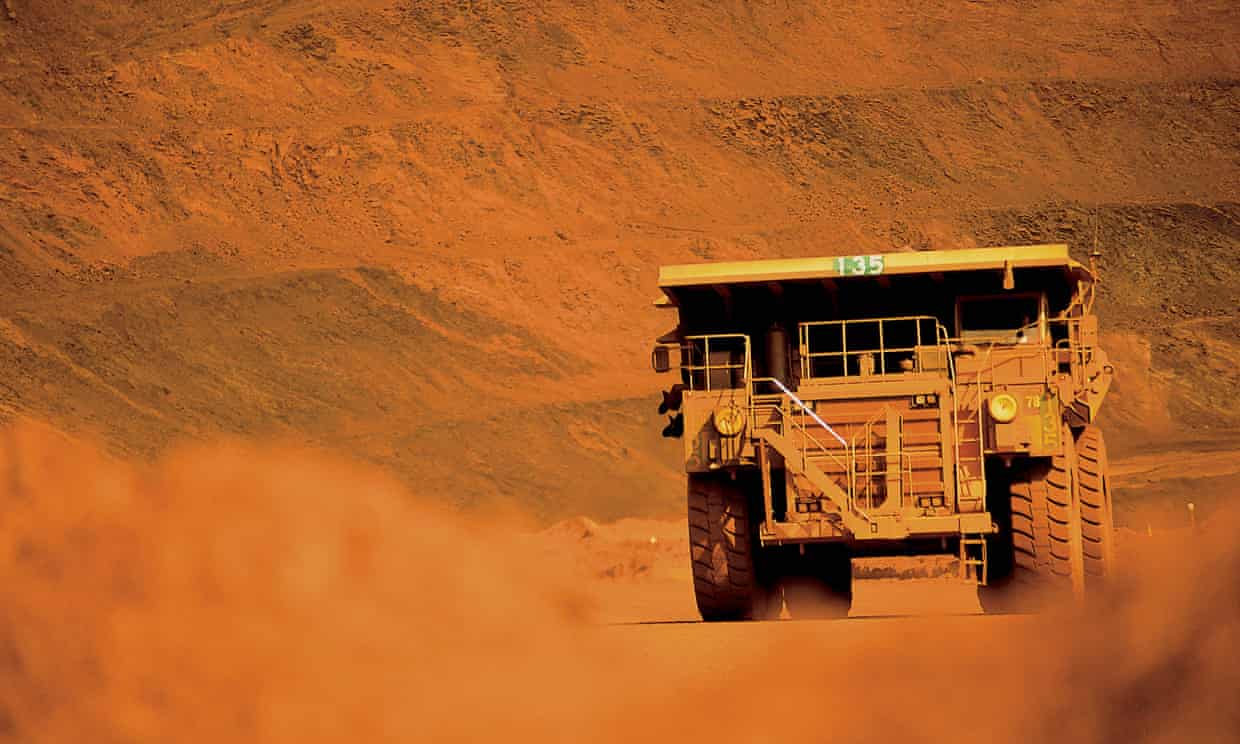
Mining News Pro - The mining giant releases full-year results this week, but Britain’s biggest pension fund will no longer care.
At this point in history, time does not appear to have been especially kind to the views of the famed economist Milton Friedman.
He may be one of the few recipients of the Nobel memorial prize in economic sciences that non-dismal scientists can actually name (others might be Friedrich Hayek, Joseph Stiglitz, Paul Krugman and, ahem, President Josiah Bartlet from The West Wing) but one of his most famous ideas is looking somewhat dated.
In 1970, Friedman memorably wrote in a New York Times article that businesses existed purely to make money for shareholders, and that executives drivelling on about being “socially responsible” were “preaching pure and unadulterated socialism”. It was powerful stuff, which basically set the tone for US capitalism for 50 years.
But it seems slightly less powerful now. Almost exactly a year ago, some of the highest-paid executives on the planet appeared to ditch Friedman’s idea of shareholder primacy as they attempted to convince their publics that they thought customers, employees, suppliers and communities might matter a little bit too.
And this week will see another small landmark for that resistance, with the full-year results of the major miner BHP.
"Nest says that it is `looking purely at the investment case` and that `climate change risk is investment risk."
The event will be notable as it showcases the performance of a company that, despite being one of the largest on the London Stock Exchange, can no longer boast of having the UK’s largest pension fund on its shareholder register.
The government-backed National Employment Savings Trust (Nest), which, with 9 million members, is the most popular pension fund in the country, is divesting from fossil fuels in what climate campaigners have hailed as a landmark move for the industry.
The self-imposed ban on holding such shares means that some of the world’s biggest mining companies, such as BHP, cannot be part of Nest’s future holdings, at least as long they derive profits from mining coal. This month, Nest sold its final BHP share.
Friedman would have probably been pretty cross about all that, not least because what really got him grinding his teeth were business executives believing that they were “defending free enterprise” while also “promoting desirable ‘social’ ends”. Fifty years on, that is precisely what the promoters seem to be doing.
Nest says that it is “looking purely at the investment case” and that “climate change risk is investment risk”, with shareholders possibly finding themselves stranded with assets that turn out to be worthless if they are reliant on burning fossil fuels. The Bank of England has said that as much as $20 trillion (£16tn) of assets could be wiped out by the climate crisis if it is not effectively addressed.
Meanwhile, folk who like to study these things will tell you that there is no evidence that buying ethical shares makes any difference to financial performance. They point you to the FTSE4Good – the City’s version of an ethical index – which pretty well matches the returns of the FTSE All Share.
And yet the ghost of Friedman might say this reasoning is flawed, and that they would be better to stick with the do-gooder argument. If you compare the performance of FTSE4Good with, say, BHP shares, it would not just be a grizzled old economist who’d prefer to have the miner’s stock in their pension pot.
Equally, one might wonder if the FTSE4Good is really so angelic a punt. Its 13th most significant stock just happens to be, er … BHP.
Short Link:
https://www.miningnews.ir/En/News/584518
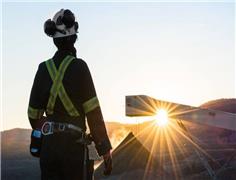
BHP, the world’s largest miner, has come a long way in the matter of female representation in its workforce, ...

BHP has shown up to support vulnerable women and children with a $CAD500,000 ($571,050) donation to the YWCA Saskatoon ...
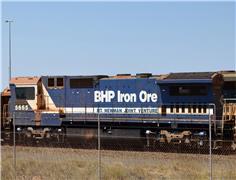
Iron ore train drivers at BHP Group’s Pilbara operations in Western Australia have voted to strike on Friday in a bid to ...
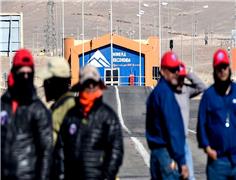
Mining News Pro - Global miner BHP reached a preliminary deal with the supervisors’ union at its Escondida mine in ...

Mining News Pro - Miner BHP Group’s CEO on Thursday called for the introduction of a “small set of common standards” ...
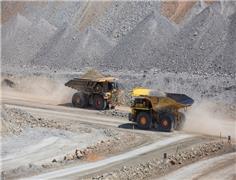
Mining News Pro - Private credit funds are in talks to lend $750 million for an Australian company’s bid to buy one of ...
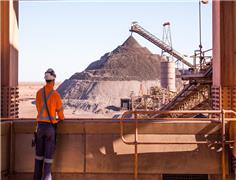
Mining News Pro - There’s a three-way battle underway for the title of the world’s biggest copper producer.
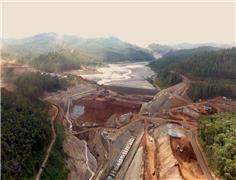
Mining News Pro - Vale on Monday lost a bid to block BHP Group’s bid to have it share potential liability in a 36 ...

Mining News Pro - BHP and Vale faced off in a London court on Wednesday as part of one of the largest class action ...
No comments have been posted yet ...